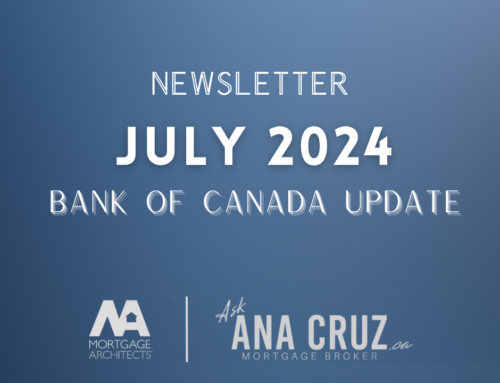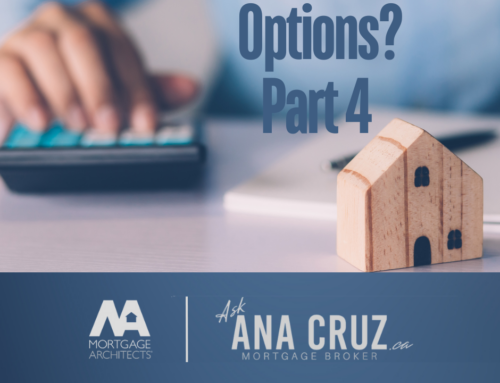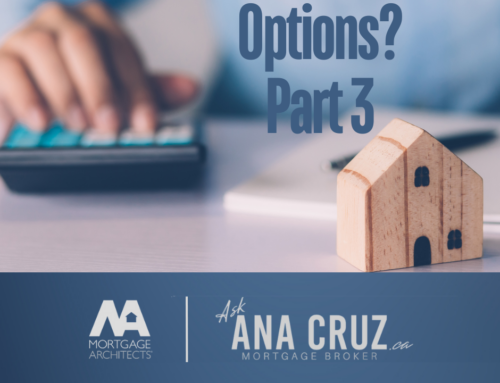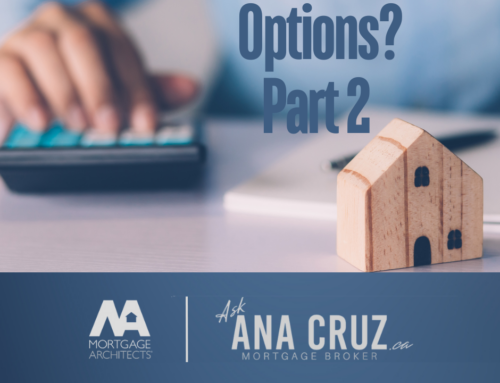Date: April 20, 2022
Category: Blogs,Mortgage Tips & Advice
The 2022 Federal Budget was released on April 7, 2022 and here is a recap of the changes that may affect you, below is a short review of some (not all) of the proposed changes
First-Time Home Buyers Tax-Free First Home Savings Account
The Tax-Free First Home Savings Account (FHSA) will give first-time home buyers the ability to save up to $40,000. Contributions to this account will be tax deductible—similar to the FTHB RRSP Plan. Amounts withdrawn to make a qualifying first home purchase won’t be subject to tax.
There is a $40,000 lifetime limit on contributions with an annual contribution limit of $8,000, which can not be carried forward to subsequent years unlike RRSP contribution room.
Remember the home buyers’ plan (HBP), which allows individuals to withdraw up to $35,000 tax free from an RRSP to purchase or build a home, will continue to be available.
However the policy reads that an individual will not be permitted to make both an FHSA withdrawal and an HBP withdrawal in respect of the same qualifying home purchase….so you are probably asking yourself why you would use the FHSA instead of RRSP?
Here is what you need to know….when you contribute to your RRSP’s you are reducing your personal income for that year and in most cases you generate a tax rebate for that year. When you use your RRSP’s for the purchase of your first home, you then have 15 year where you have to pay those funds back to your RRSP account or you will claim 1/15 of the withdrawl amount into your annual income each year for 15 years. If you want to avoid this and don’t want to repay this amount back into your RRSP then you can utilize the FHSA as this program allows you to transfer from your RRSP to your FHSA tax-free as long as those funds are used to purchase a qualifying home.
Further details are to come with contributions starting in 2023.
First-Time Home Buyer’s Tax Credit (HBTC)
For qualifying homes purchased on or after January 1, 2022, the First-Time Home Buyer’s Tax Credit is proposed to double—to $10,000. The increased credit would provide up to $1,500 in direct support to first-time home buyers. Spouses or common-law partners can split the value of the credit as long as the combined total doesn’t exceed $1,500 in tax relief. The HBTC eligibility requirements remain the same. Currently the credit is maxed out at $750 per person, therefore this is an increase.
Restrictions on foreign ownership
This budget announces the government’s intention to prohibit foreign entities and individuals from acquiring non-recreational, residential property in Canada for a period of two years.
These restrictions won’t apply to Canadian citizens, permanent residents, refugees, international students on the path to permanent residency (in certain circumstances), and individuals on work permits who are residing in Canada. Furthermore, non-resident, non-Canadians who own homes that are being underused or left vacant would be subject to the Underused Housing Tax once it’s in effect.
Home flipping measures after Jan 1, 2023
Any person who sells a residential property they’ve held for less than 12 months would be considered to be flipping properties and be subject to full taxation of their profits as deemed business income (i.e., instead of a capital gain) and the principal residence can’t be claimed.
Exemptions would apply for dispositions due to certain circumstances, which can include death, disability, serious illness, the birth of a child, change in employment or work location, insolvency, separation, or divorce.
What is not address is when the new rule doesn’t apply, are the profits taxed as business income. These anti-flipping measures will apply to residential properties sold on or after January 1, 2023.
Here is a link to the full budget for those interested in the details
Want to stay in the loop and stay connected with us – join our mailing list.
Message us at ana@askanacruz.ca and we will add you.
Call or text 905-870-0513





